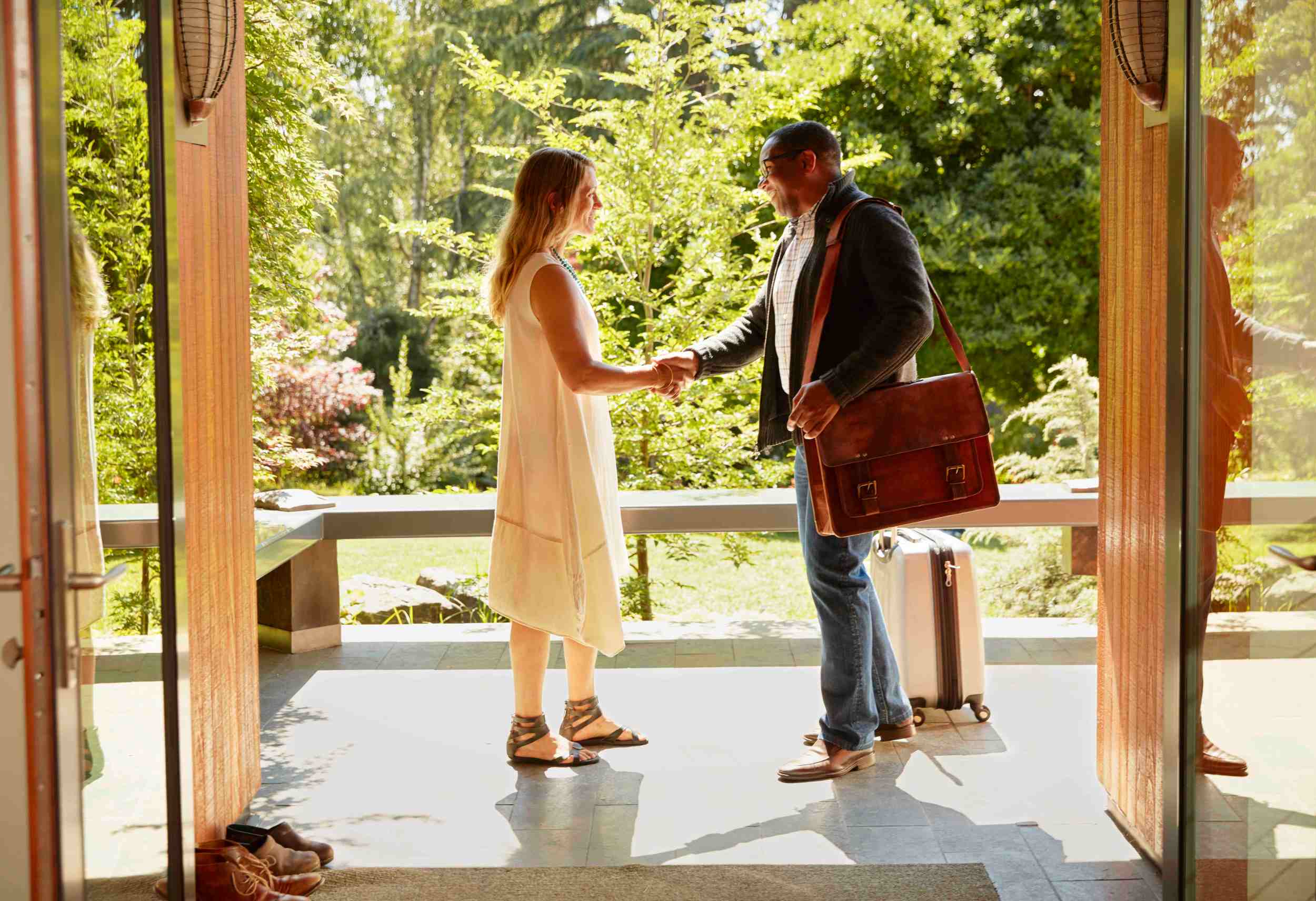Canadian hosts help generate over $328 million in tax revenue in 2024
Key Takeaways
- In 2024, Airbnb collected and remitted over $328 million CAD in taxes on behalf of Canadian hosts, including over $196 million in federal GST, HST, and QST.
- Canada’s tax contribution forms part of a broader global total of $13.5 billion USD in taxes that Airbnb has collected and remitted on behalf of hosts worldwide since 2014. Governments use this revenue to support a range of initiatives—from promoting tourism to enhancing the public services and infrastructure that travellers rely on, such as roads, parks, and community recreation programs.
- As more and more Canadians travel domestically, tax revenue generated through Canadian hosts help support critical funding for governments facing budget shortfalls.

Key Takeaways
- In 2024, Airbnb collected and remitted over $328 million CAD in taxes on behalf of Canadian hosts, including over $196 million in federal GST, HST, and QST.
- Canada’s tax contribution forms part of a broader global total of $13.5 billion USD in taxes that Airbnb has collected and remitted on behalf of hosts worldwide since 2014. Governments use this revenue to support a range of initiatives—from promoting tourism to enhancing the public services and infrastructure that travellers rely on, such as roads, parks, and community recreation programs.
- As more and more Canadians travel domestically, tax revenue generated through Canadian hosts help support critical funding for governments facing budget shortfalls.
In 2024, Canadian hosts on Airbnb contributed significantly to local and federal revenues, with over $328 million1 in taxes collected and remitted across the country. This includes approximately $196 million in federal GST/HST/QST– demonstrating how everyday Canadian hosts are supporting critical government services and local infrastructure.
The Canadian tax figure is part of more than $13 billion USD in taxes collected and remitted on behalf of hosts through Airbnb since 2014, globally, highlighting the platform’s growing contribution to local governments around the world.
As part of ongoing agreements with governments across Canada, Airbnb simplifies tax compliance by collecting and remitting relevant taxes directly on behalf of hosts. This helps ensure steady, reliable revenue for communities at a time when jurisdictions are facing budget shortfalls. Jurisdictions leverage these tax dollars to fund various initiatives—from destination marketing to programs and services travellers take advantage of when visiting, like road infrastructure, parks, and recreation.
Below is a snapshot of local taxes collected and remitted on behalf of Canadian hosts in 2024 in jurisdictions across the country:
- British Columbia: $89 million (PST and MRDT)
- Quebec: $18 million ( Lodging Tax)
- Manitoba: $3 million (RST)
- Saskatchewan: $1 million (PST)
- Alberta: $2 million (Alberta Tourism Levy)
- Ontario (total for all cities where Airbnb collects tax): $18.6 million, including:
- Toronto: $14 million (MAT and Nightly Fee)
- Mississauga: $2 million (MAT)
Supporting sensible tax policy for short-term rentals
Airbnb has long championed tax solutions that simplify compliance and boost public revenue. What began with Voluntary Collection Agreements has evolved into close collaboration with lawmakers to pass centralized tax collection laws such as those now in place in British Columbia and Quebec.
These laws ensure that all short-term rental platforms collect and remit relevant taxes at scale, including sales taxes, tourism taxes, and local gross receipts taxes. The result is a streamlined process for hosts and governments alike, while leveling the playing field across the short-term rental sector.
As domestic travel continues to grow, bringing more first-time guests to small towns and rural communities, this tax revenue plays a vital role in addressing government deficits and bolstering local economies. According to new Airbnb insights, searches for domestic stays in 2025 are up nearly 20 percent compared to the previous year, underscoring a sustained shift toward domestic travel.
With nearly half of all Airbnb listings in Canada located in areas that lack hotels, hosts and their guests are helping to generate much-needed revenue in places that might otherwise miss out on the benefits of tourism.